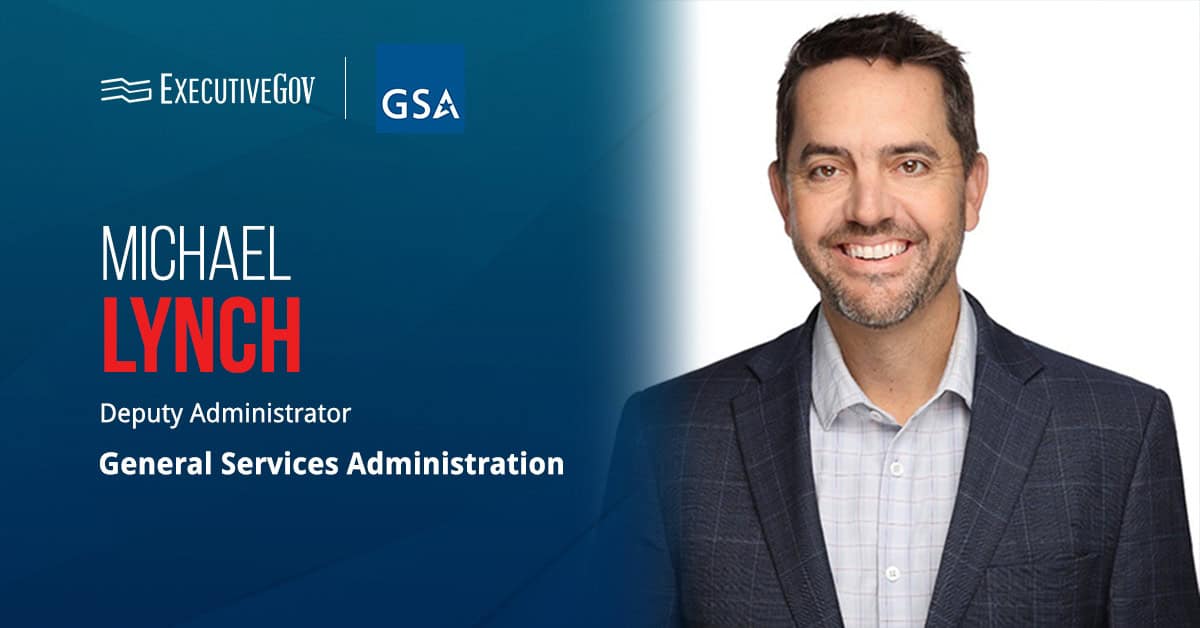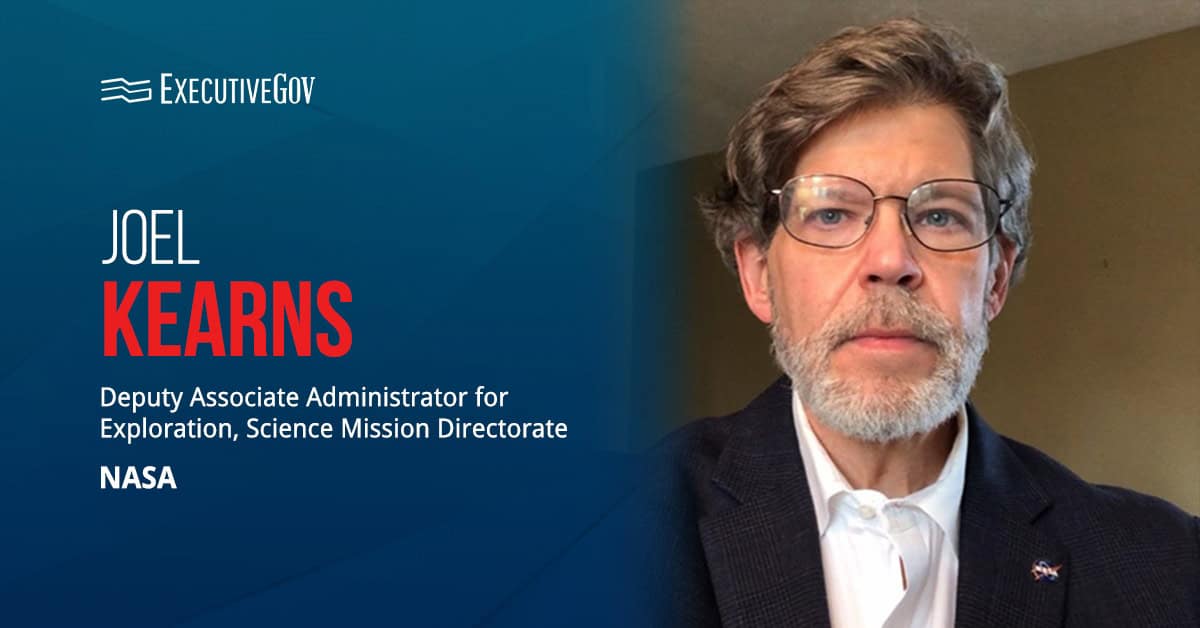The State Department’s Nonproliferation and Disarmament Fund has entered into a cooperative agreement with CRDF Global to help strengthen cross-sector efforts against the development of chemical and biological weapons.
Under the $7 million award, CRDF Global will support cooperative initiatives to oversee hazardous and weaponizable chemicals and other materials, raise security awareness of biological threats among small chemical vendors and distributors and prevent diversion of dangerous materials, the nonprofit organization said.
CRDF Global will also provide law enforcement with training materials to detect, prevent mitigate and respond to chemical attacks.
A 14-member international team assembled by CRDF Global will bring subject matter expertise to support the mission to reduce chemical and biological weapons terrorism threats.





